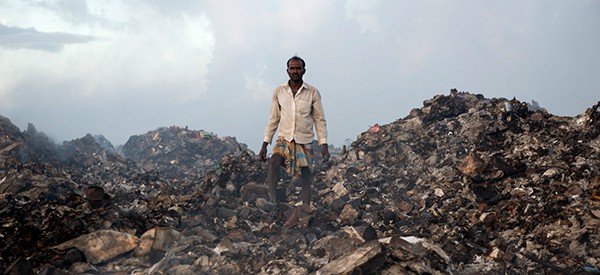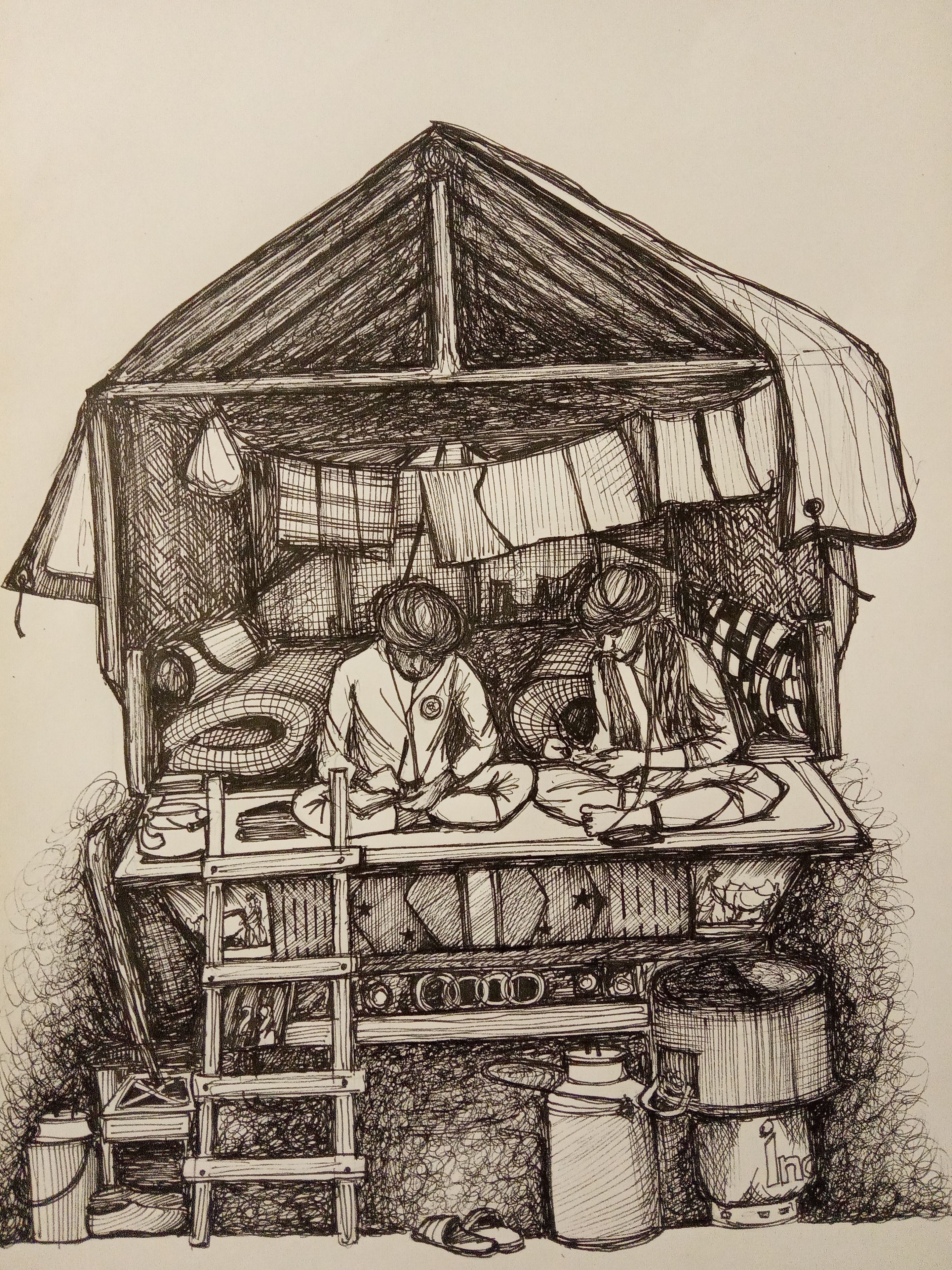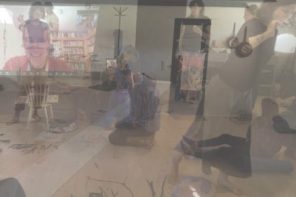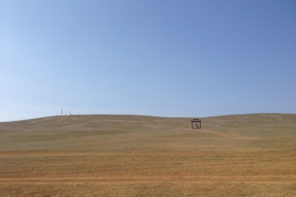Even though the green shoots of economic recovery have started to sprout across the globe, the impact of austerity, long standing wars and conflicts, and the environmental crisis loom large for empathic, concerned global citizens. That we are living in an ‘unsustainable,’ even dystopic world may even seem an understatement for those of us paying close attention to recent events between Israel and Palestine or within the Ukraine (to name but two of many recent crises). Words like ‘recovery,’ ‘well-being’ and ‘sustainability’ abound in notional rhetorics about how the world can and should be a better place. Through the lens of a world in crisis, however, these words bring little peace or offer few resolutions.
In our first post on ‘Sustainability’ this week, Gregor Claus from Queens University Belfast, addresses just this concern with the complexities of the relationship between the term or construct that is ‘sustainability’ and the issue of social justice. Through the novel metaphor of the ‘impossible hamster,’ Gregor unpacks the idea of ‘actually existing unsustainability’ and what that might actually achieve in real and practical terms for the world we inhabit today.
The practicalities or ambitions of sustainable living for ordinary citizen-consumers are indeed often quite challenging. There is a growing movement to support these ambitions at differing societal levels from community gardens to large scale sustainable city projects. Large scale multi-disciplinary research projects examining sustainable living have, as a result, become widespread. In our next post, Pierre McDonagh of Dublin City University, introduces us to one such ethnographic research project which examines the advent of the Electric Vehicle and its advocates.
Following on from this, Pierre’s close colleagues John Schouten and Diane Martin from Aalto University in Finland continue with their reflection from this exciting research project offering important insights into the relationship between consumer choice and sustainability. These are small important steps which allow ordinary citizen-consumers to begin to think about sustainable living.
Our final blog post, however, moves us away from the ambitions of sustainable living back into a world where some decree the real impact of our unsustainable living lies-at the border. Lawrence Taylor of NUI Maynooth is specifically talking about the US-Mexican border, thus mapping out a key and resonant argument about the notion of moral geography and the spaces that divide ‘them’ from ‘us.’
We finish this week with the notion of the border (the unsustainability of our current world orientation) because sustainability itself is ultimately a border concept, one depending on a range of intersecting (but yet often competing) spaces to come properly together in order to secure a better world for all of its citizens.










